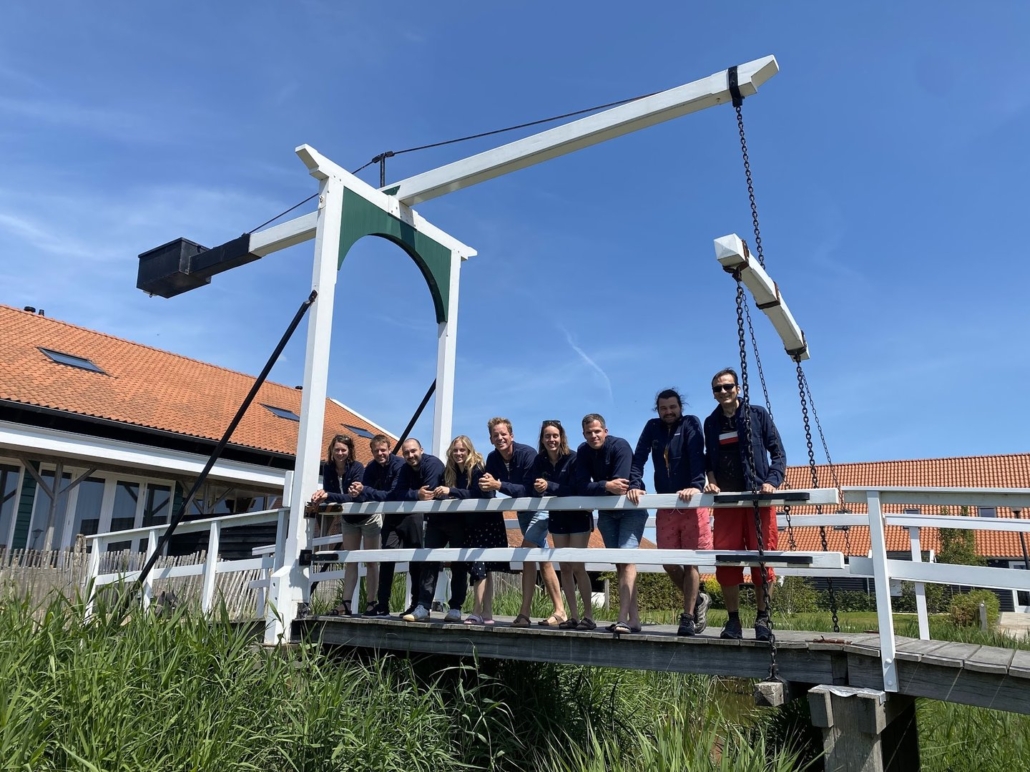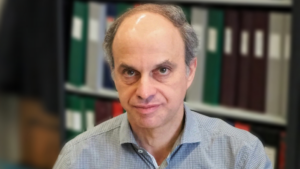
AI protein specialist Cradle raises US$24m in Series A financing
Generative AI protein engineering specialist Cradle NV, has raised US$24m in a Series A financing round led by Index Ventures w
Kindred Capital. and angel investors including Recursion CEO Chris Gibson and Tom Glocer, Lead Director, Merck participated it the US24m Series A financing following a $5.4m seed financing led by Index and Kinred in November 2022.The Amsterdam-based company has developed an AI-based platform reducing the time and cost of R&D when designing a protein-based product.
The company has onboarded nine industry partners in 2022 including Johnson & Johnson Innovation, Novozymes, and Twist Bioscience. It is currently working on 13 R&D projects focused on engineering enzymes, vaccines, peptide drugs and antibodies across a broad spectrum of desired protein properties, such as stability, expression, activity, binding affinity and specificity.
The company claims results to show that its technology can drastically speed up the design and optimisation of proteins with fewer experiments. Most projects progress two times faster using Cradle’s platform compared to industry benchmarks.
On average, developes invest $22m and 42 months on R&D to get a single potential product ready for clinical testing, with only around 35% of programs progressing to clinical trials at all. Cradles platform can also be used to speed up protein discovery and development in foodtech.
Cradle’s progress since its seed funding round in November 2022 demonstrates the company’s ability to deliver on its founding mission: to unleash the potential of bio-based products by making it easier, quicker and more cost effective for scientists and experimentalists to engineer proteins that can be used in new therapeutics or to produce almost anything.
Cradle will use its Series A funding to accelerate its growth, expand its world class machine learning and biotech team and continue to invest in its product development and sales capabilities. The Cradle team is currently 20 people, split between Delft, The Netherlands and Zurich, Switzerland, with plans to expand its team in 2024. The company also plans to build out additional laboratory and engineering facilities in Amsterdam, helping to add capacity to accelerate its research and generate more data which can be used to train AI models.
Stef van Grieken, Cradle’s CEO and co-founder, commented: Biological products are one of the biggest tools we can deploy to improve health outcomes and reduce the environmental impact of human consumption. By using generative AI and machine learning to help biologists design and optimise proteins faster and more efficiently, we can help research and development teams innovate faster, spend less and ultimately be more successful in developing new products. In the last year we’ve been focused on demonstrating that our technology can deliver meaningful results and initiating partnerships with a number of true industry leaders. We’re thrilled with the progress to date and are excited to have closed our Series A, which gives us everything we need to build on this momentum, accelerate our growth and onboard more customers to our platform.
McKinsey Global Institute has predicted that 60% of everything humans consume could be produced using cell factories. In 2021, Piper Sandler valued the synthetic biology market at US$1,157bn, with the cell factory market alone worth US$40bn.
The challenge for biologists is that building proteins is currently a costly and laborious iterative process based on trial and error. It often takes years to reach a viable solution and often more than 99% of protein designs tested in the laboratory fail to hit their design specifications.
Cradle solves this problem by giving scientists the ability to reverse engineer’ proteins with the desired specific properties and has built a working platform that is already being used by a number of early stage design partners. For example, a biologist might want to change a protein so that it is guaranteed to remain stable at a certain temperature, or so that it will attach itself to a specific chemical in its vicinity. Cradle’s self-teaching, self-improving generative machine learning models – which draw on recent advances in natural language processing’ – can predict which parts of a protein’s genetic code a biologist will need to alter, significantly improving a scientist’s chances of getting the experimental results they want



 Freepik.com
Freepik.com University of Geneva
University of Geneva